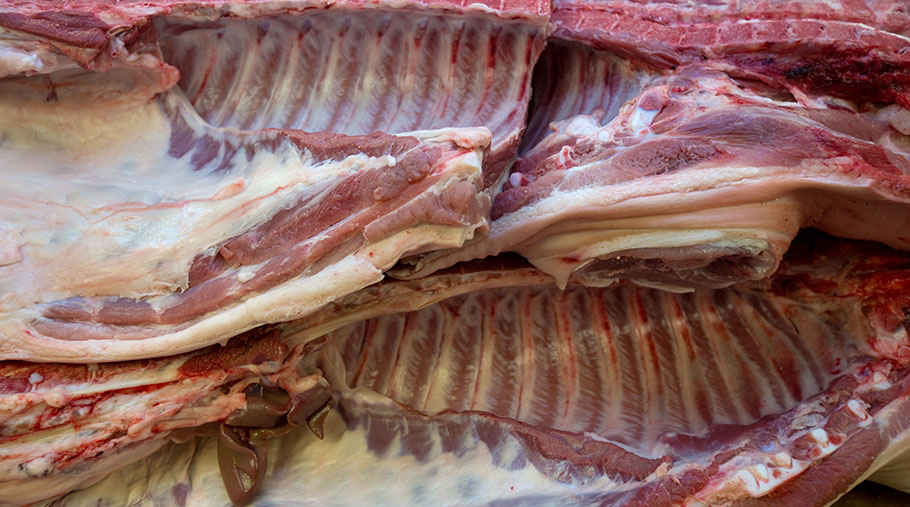Carbon dioxide shortage – more disruption before crisis ends
 © Tim Scrivener
© Tim Scrivener The carbon dioxide gas shortage could continue to disrupt the meat-packaging industry for at least two more weeks as supplies slowly return to normal.
John Raquet, industry expert and chief executive of information provider Gasworld, said two carbon dioxide plants in the UK were being brought back into production after lay-offs.
See also: Scots abattoir to close after carbon dioxide stocks run out
This would bring the total plants operating in the UK up to four by the middle of the first week in July, slowly easing supply difficulties, said Mr Raquet.
But there will be a period where deliveries continue to target priority areas such as human medicine and animal slaughter.
Other businesses are likely to see an intermittent supply until gas production is fully on-stream, he predicted.
British Meat Packers chief executive Nick Allen said that meant the crisis would continue to cause problems in the packaging sectors for another two to three weeks.
Speaking on Friday (29 June), Mr Allen said the situation in the packaging industry remained serious.
Plants struggling to cope
Staff at some packaging businesses have been told to stand down and every plant in the UK is struggling to cope, he explained.
There could be gaps on supermarket shelves before this crisis is fully resolved Nick Allen, British Meat Packers
“Some vacuum-packed meat products may yet have to be withheld until a regular supply of carbon dioxide has been re-established.
“There could be gaps on supermarket shelves before this crisis is fully resolved,” Mr Allen added.
But in slaughter facilities where deliveries of cabon dioxide have been prioritised to ensure pre-slaughter stunning can continue, the crisis could be nearing an end.
National Pig Association chief executive Zoe Davies said apart from the Brechin abattoir in Scotland, all other slaughter facilities were continuing as normal.
“The important thing now is to establish why this was allowed to happen in the UK and what can be done to prevent it happening again,” said Dr Davies.
